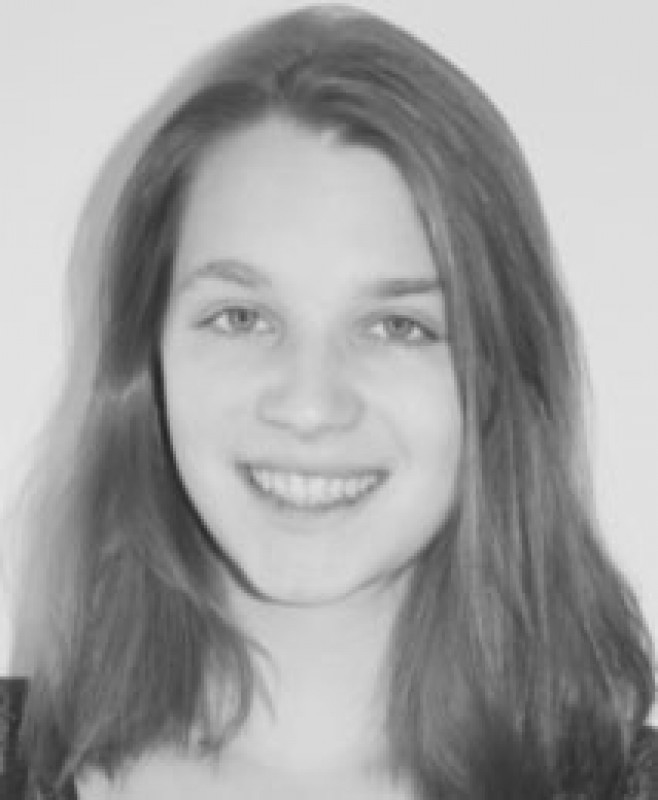KLI Colloquia are invited research talks of about an hour followed by 30 min discussion. The talks are held in English, open to the public, and offered in hybrid format.
Fall-Winter 2025-2026 KLI Colloquium Series
Join Zoom Meeting
https://us02web.zoom.us/j/5881861923?omn=85945744831
Meeting ID: 588 186 1923
25 Sept 2025 (Thurs) 3-4:30 PM CET
A Dynamic Canvas Model of Butterfly and Moth Color Patterns
Richard Gawne (Nevada State Museum)
14 Oct 2025 (Tues) 3-4:30 PM CET
Vienna, the Laboratory of Modernity
Richard Cockett (The Economist)
23 Oct 2025 (Thurs) 3-4:30 PM CET
How Darwinian is Darwinian Enough? The Case of Evolution and the Origins of Life
Ludo Schoenmakers (KLI)
6 Nov (Thurs) 3-4:30 PM CET
Common Knowledge Considered as Cause and Effect of Behavioral Modernity
Ronald Planer (University of Wollongong)
20 Nov (Thurs) 3-4:30 PM CET
Rates of Evolution, Time Scaling, and the Decoupling of Micro- and Macroevolution
Thomas Hansen (University of Oslo)
RESCHEDULED: 18 Dec (Thurs) 3-4:30 PM CET
Chance, Necessity, and the Evolution of Evolvability
Cristina Villegas (KLI)
8 Jan 2026 (Thurs) 3-4:30 PM CET
Embodied Rationality: Normative and Evolutionary Foundations
Enrico Petracca (KLI)
15 Jan 2026 (Thurs) 3-4:30 PM CET
On Experimental Models of Developmental Plasticity and Evolutionary Novelty
Patricia Beldade (Lisbon University)
29 Jan 2026 (Thurs) 3-4:30 PM CET
Jan Baedke (Ruhr University Bochum)
Event Details

Topic description / abstract:
Scientific Pluralism has become an increasingly popular term in the philosophy of science and in the philosophy of biology in particular. Likewise, the field of epigenetics combined with the resurrection of Lamarck and a so-called renaissance of heresy is one of the most debated topics within the study of evolution and inheritance. In my talk, I will explore whether cutting-edge discoveries in the study of inheritance make a case for theoretical pluralism. In particular, I will bring forward arguments that small RNAs deliver acquired information to subsequent generations governed by a DNA-independent mechanism. I will argue that on the mechanistic level small RNAs operate through a “Lamarckian” use/disuse paradigm. In addition to establishing theoretical plurality, I will try to make sense of how to relate such complimentary theories – are they alternatives – or integrable?
Biographical note:
Sophie Veigl is a fellow at the DK The Sciences in Historical, Philosophical and Cultural Contexts. She studied Microbiology and Genetics, Immunology, History and Philosophy of Science as well as Comparative Literature at the University of Vienna. She worked as a guest researcher at Tel Aviv University and the University of Cambridge as well as at the Gurdon Institute. One central question that motivates her research is how and to which ends should philosophers of science be normative about their fields of study? In her current research project she investigates whether certain species of RNA can act as alternative trajectories of inheritance, and whether that constitutes a case for theoretical pluralism. In addition, she works closely together with leading researchers in RNA inheritance to test how resonant her claims are with the notions of the relevant actors.


